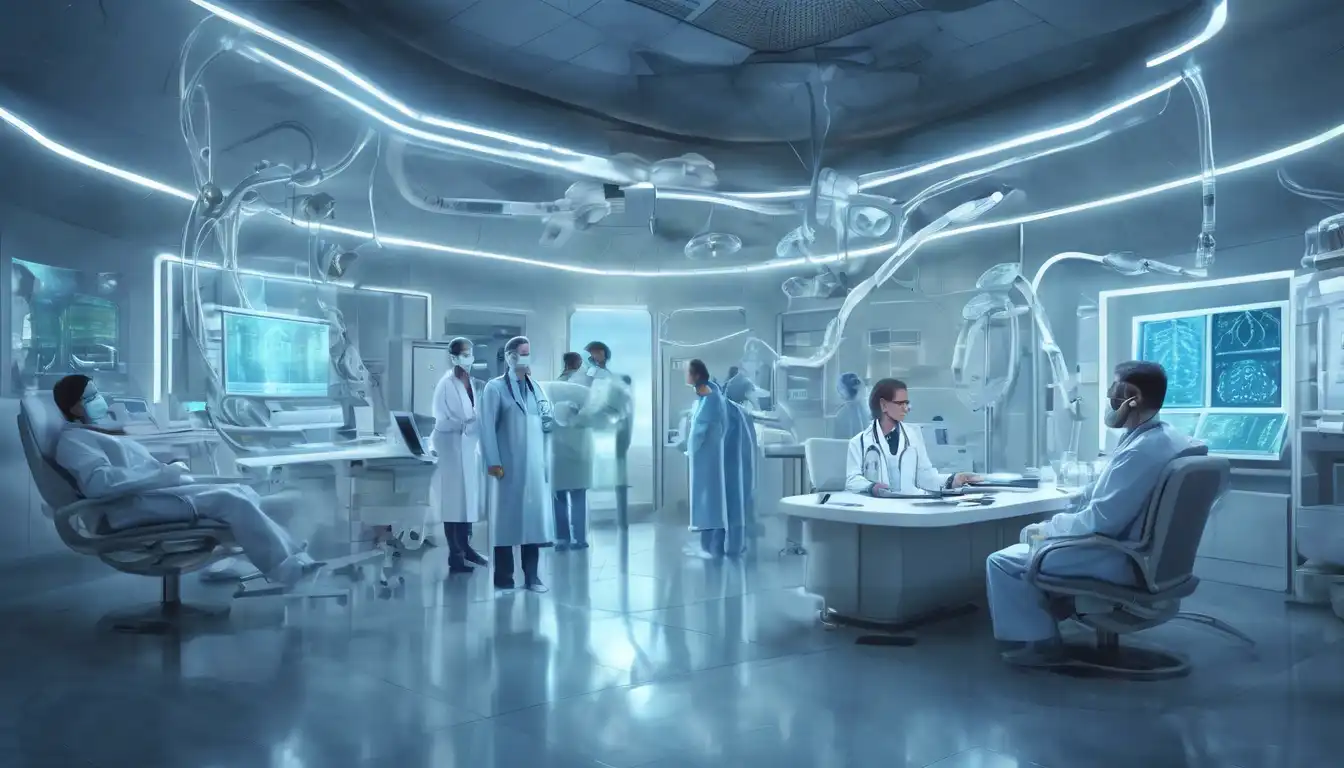Introduction to AI in Healthcare
Artificial Intelligence (AI) is revolutionizing the healthcare industry by offering innovative solutions to complex problems. From diagnostics to treatment personalization, AI's role in modern healthcare is undeniable. This article explores how AI is transforming healthcare solutions, making them more efficient, accurate, and accessible.
AI-Powered Diagnostics
One of the most significant contributions of AI in healthcare is in the field of diagnostics. AI algorithms can analyze medical images with precision, often surpassing human accuracy. This not only speeds up the diagnostic process but also reduces the chances of errors, leading to better patient outcomes.
Personalized Treatment Plans
AI's ability to process vast amounts of data enables the creation of personalized treatment plans. By analyzing a patient's genetic information, lifestyle, and previous health records, AI can recommend treatments that are tailored to the individual's specific needs, improving the effectiveness of medical interventions.
Enhancing Patient Care with AI
AI technologies such as chatbots and virtual health assistants are enhancing patient care by providing 24/7 support and monitoring. These tools can answer health-related queries, remind patients to take their medication, and even alert healthcare providers in case of emergencies, ensuring continuous care.
Challenges and Ethical Considerations
Despite its benefits, the integration of AI in healthcare comes with challenges, including data privacy concerns and the need for robust ethical guidelines. Ensuring the security of patient data and addressing biases in AI algorithms are critical steps in maximizing the potential of AI in healthcare.
Conclusion
The role of AI in modern healthcare solutions is transformative, offering unprecedented opportunities to improve patient care, diagnostics, and treatment personalization. As technology advances, the integration of AI in healthcare will continue to evolve, promising a future where healthcare is more accessible, efficient, and tailored to individual needs.
For more insights into how technology is shaping the future of healthcare, explore our technology trends section.
